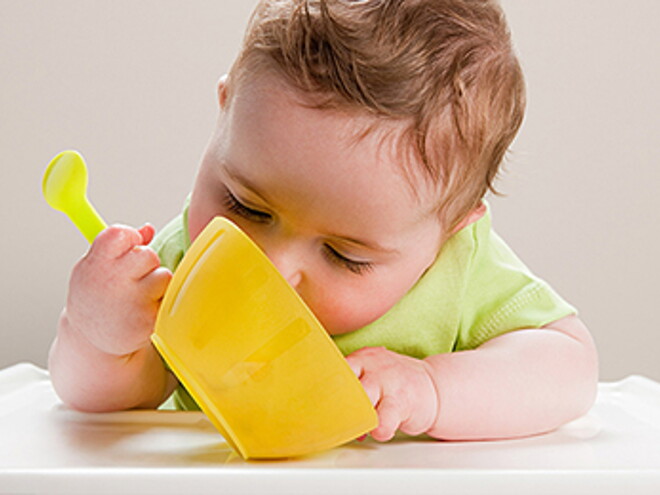
Baby Allergies - 3 Facts Every Mum Should Know
Most allergies develop at infancy, particularly food allergy and atopic dermatitis (eczema).
Fact #1: There is no cure for allergies
As harsh as this may sound, it is most unfortunately true. Allergies can be successfully controlled with medication, but they do not confer long-lasting cure. Once the medication stops, the symptoms may make a comeback.
Fact #2: An allergy is a life-altering health condition
Certain allergies may seem simple and manageable on the surface, but if left untreated, could turn a capable and vibrant baby into becoming shy and socially withdrawn. Sometimes it starts with embarrassment, which can progress to depression, low self-esteem and a reluctance to socialise with people.
Fact #3: Allergies can be fatal
We know how terrifying this may sound, but it is important to know that allergic reactions can range from mildly annoying all the way to fatal, depending on where the symptoms fall on the allergy spectrum.
- On the tolerable side of the spectrum, symptoms include:
- Itchy and watery eyes
- Sneezing
- Asthma
- Itchy, inflamed skin
- Eczema
At the most severe end of the spectrum is anaphylaxis, a life-threatening allergic reaction that affects the whole body, usually within seconds or minutes of exposure to the allergen. Anaphylaxis can be fatal if immediate medical treatment is not provided. Any allergen can cause anaphylaxis, but the most common culprits are foods, insect stings and drugs. The symptoms of anaphylaxis are:
- Swelling of the throat and mouth
- Difficulty in swallowing or speaking
- Difficulty in breathing – due to asthma or throat swelling
- Hives anywhere on the body
- Generalised flushing of the skin
- Abdominal cramps, nausea and vomiting
- Sudden feeling of weakness (drop in blood pressure)
What can you do about baby allergies?
Allergies can be prevented, or at the very least, reduced. The best outcome comes from an early diagnosis.
- As family history plays a crucial role determining the risk of allergy, the first step, and perhaps the most fundamental, is to look into parental history.
- Breastfeeding helps provide a layer of protection to your baby’s digestive tract and helps fend off allergies.
- Be mindful when you are introducing allergenic foods like nuts, eggs and seafood to your baby. Introduce one-by-one; with a good few days apart and closely observe him.


















